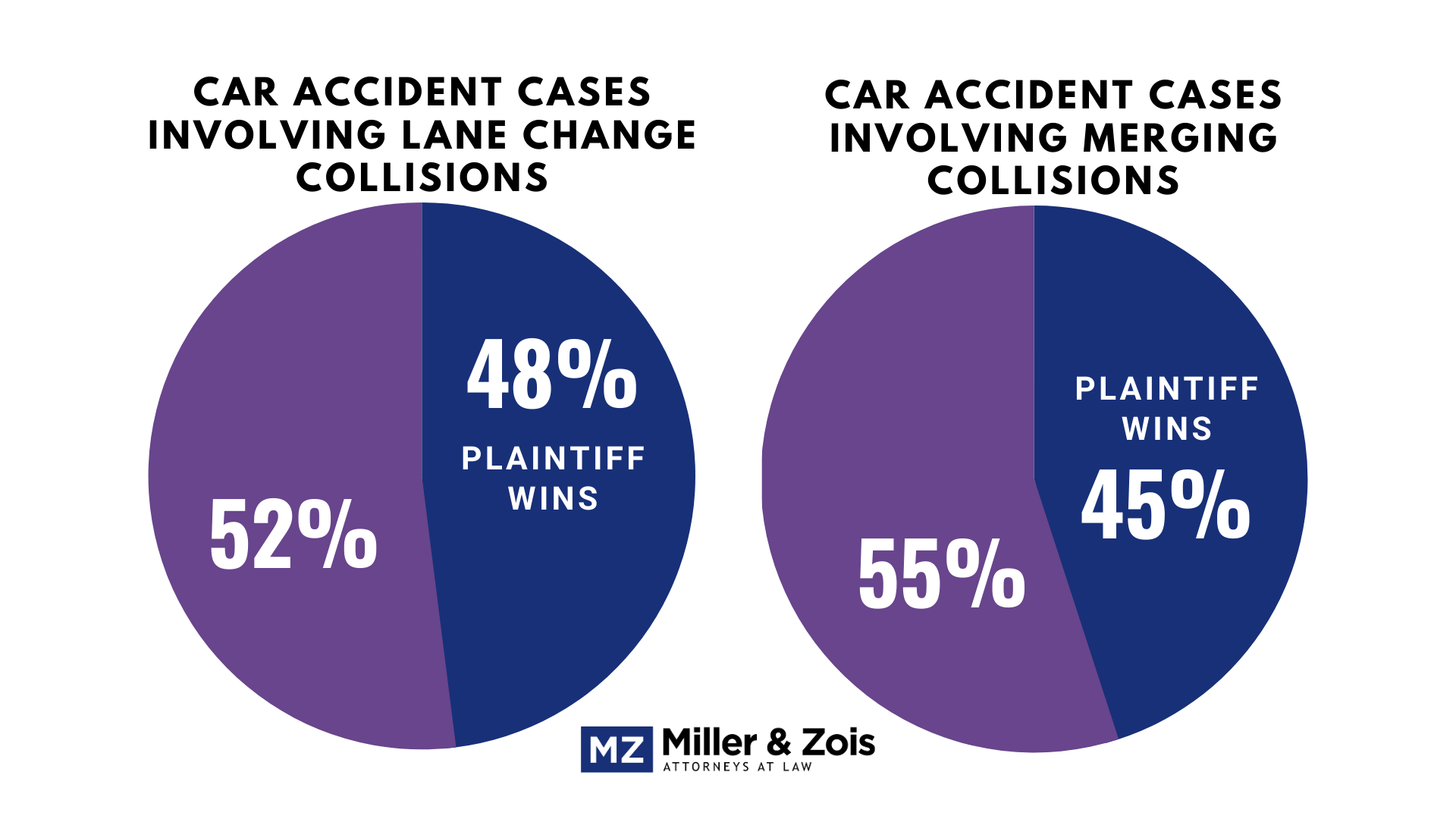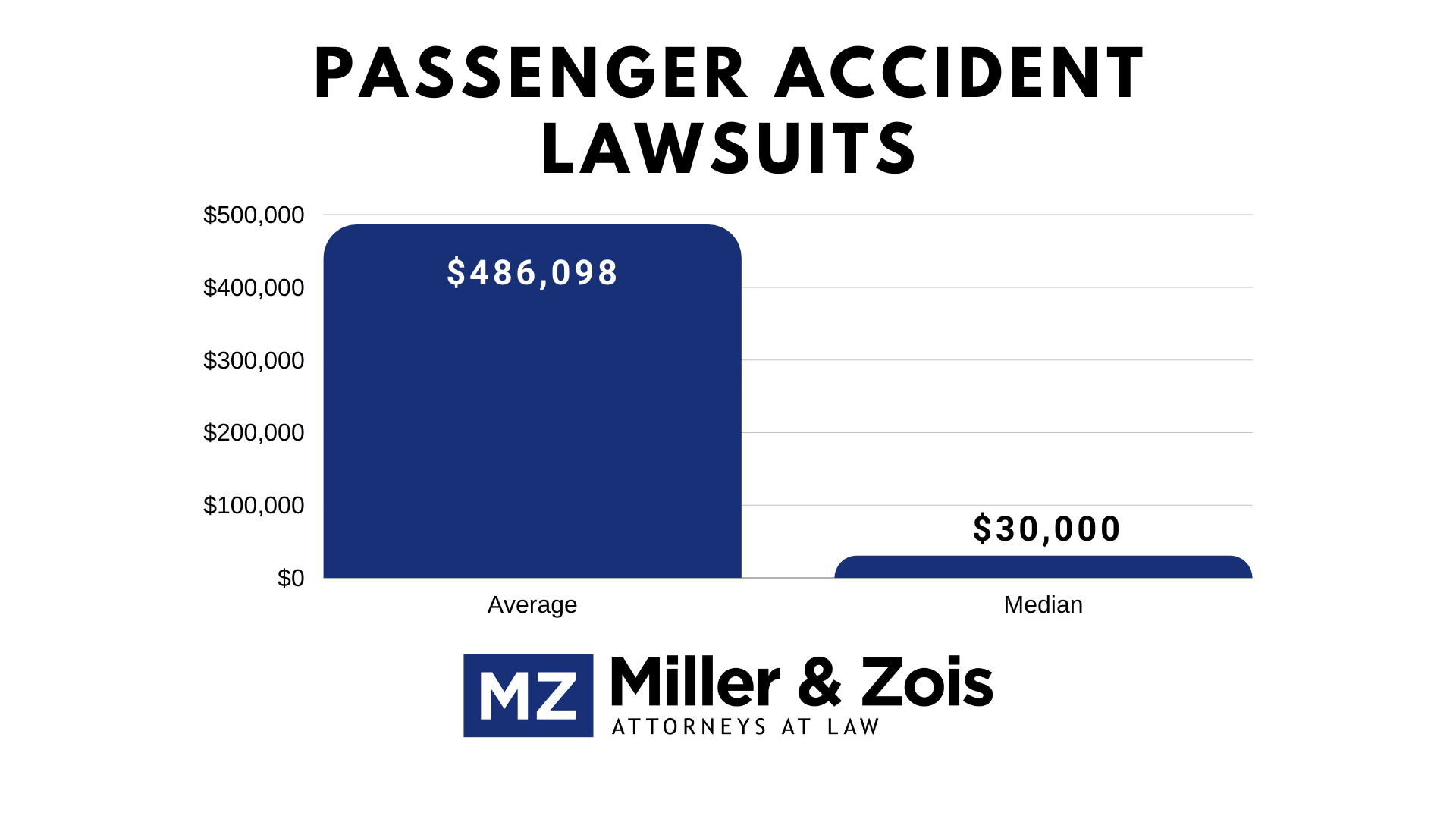Should traffic ticket guilty pleas be admissible in a civil case? Most courts, including Maryland, believe that it is unfair to defendants in civil cases to allow traffic ticket guilty pleas to hover over an accident case because tickets are – for better or worse – not a big deal to most people. Maybe the defendant pled guilty because he didn’t feel like presenting a defense or taking the day off work. Or maybe the pain of sitting through all the idiotic arguments of silly people in traffic court was just not their cup of tea. (Has anyone actually seen a decent argument made in traffic court? Does such footage even exist?)
Another school of thought – my preferred school of thought – is the “juries are not stupid” argument. Novel idea, sure. But here is how it goes. “Okay, Mr. Defendant, you skipped your criminal trial, pleading guilty, because you didn’t feel like going. Fair enough. Tell the jury that.”
Makes sense, right? The defendant is free to explain the circumstances of the decision to the jury. It is not unduly prejudicial or complex. Everyone gets it. Let the jury decide how much weight should be given to the evidence.





 Here is where it gets interesting. I think it is difficult to lose a passenger accident case. Certainly, the passenger is not responsible for the accident (ignoring for a second the “I knew he was drunk out of his mind and I got in the car with him anyway” passenger). Yet plaintiffs only receive money damages in 62 percent of passenger cases that go to verdict. I just can’t make sense of the numbers. Here is how it breaks out: Host Driver’s Negligence: 58% Both Drivers’ Negligence: 64% Driver & Business Negligence: 73% Driver & Government Negligence: 74% Passenger Suits Generally: 62%
Here is where it gets interesting. I think it is difficult to lose a passenger accident case. Certainly, the passenger is not responsible for the accident (ignoring for a second the “I knew he was drunk out of his mind and I got in the car with him anyway” passenger). Yet plaintiffs only receive money damages in 62 percent of passenger cases that go to verdict. I just can’t make sense of the numbers. Here is how it breaks out: Host Driver’s Negligence: 58% Both Drivers’ Negligence: 64% Driver & Business Negligence: 73% Driver & Government Negligence: 74% Passenger Suits Generally: 62%